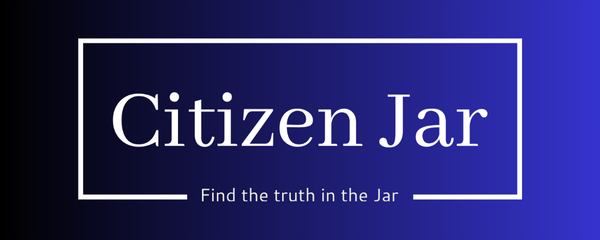News
“Apple Watch Detects Sleep Apnea: FDA Approved!”

Apple Inc. has recently received clearance from the U.S. Food and Drug Administration for its new sleep apnea detection feature, which is now available to Apple Watch Series 9, Series 10, and Ultra 2 users through a software update. This feature marks a significant step in the company’s efforts to position its wearables as a more affordable and simpler alternative to traditional health-care tests and devices.
Sleep apnea is a prevalent sleep disorder that affects more than 30 million people in the U.S., with only around 6 million diagnosed. If left untreated, it can lead to fatigue and more severe health issues such as heart problems, hypertension, and Type 2 diabetes. The new feature aims to help millions of individuals living with undiagnosed sleep apnea by providing valuable insights into their sleep patterns.
But how does Apple’s sleep apnea detection feature work? The Apple Watch analyzes “breathing disturbances” using an accelerometer to measure wrist movements that indicate disruptions in normal breathing patterns. Users can access their nightly metrics through the Health app, where they are classified as either “elevated” or “not elevated.” Apple will analyze this data monthly and notify users of any consistent signs of severe or moderate sleep apnea.
Moreover, the feature supports an 18-hour battery life, requiring users to charge their device during the day. Apple can generate a detailed report based on three months’ worth of breathing disturbance data, which users can discuss with their healthcare providers. Educational materials are also available within the Health app to further inform users about sleep apnea.
While the feature has the potential to be a game-changer for patients who have been hesitant to seek testing, it’s essential to approach the data with caution. Dr. David Kuhlmann, a physician specializing in sleep disorders, highlights the importance of obtaining an official diagnosis from healthcare providers for proper treatment. Although the feature may increase visits to healthcare providers, it could ultimately lead to cost savings and improved quality of life by addressing sleep disorders early on.
In conclusion, Apple’s innovative sleep apnea detection feature represents a significant advancement in wearable health technology. By leveraging cutting-edge technology and clinical-grade data, Apple aims to empower users to take control of their health and well-being. As the healthcare landscape continues to evolve, such innovations have the potential to revolutionize how we approach and manage various health conditions. Artificial intelligence (AI) is changing the way we live and work. From self-driving cars to personalized recommendations on streaming services, AI is becoming increasingly integrated into our daily lives. One of the key benefits of AI is its ability to analyze vast amounts of data quickly and accurately, leading to more informed decision-making across various industries.
In the healthcare sector, AI is being used to improve diagnostics and treatment plans. Machine learning algorithms can analyze medical images to detect patterns and identify potential health issues earlier than traditional methods. This can lead to faster and more accurate diagnoses, ultimately improving patient outcomes.
AI is also revolutionizing the way businesses operate. From predictive analytics to chatbots, companies are leveraging AI to streamline processes, improve customer service, and drive innovation. By automating repetitive tasks and providing valuable insights, AI is helping organizations become more efficient and competitive in today’s fast-paced market.
Despite the many benefits of AI, there are concerns about its impact on jobs and privacy. As automation continues to advance, some worry about job displacement and the need for retraining in new skill sets. Additionally, the collection and use of personal data by AI systems raise questions about data security and privacy protection.
Overall, AI is a powerful tool with the potential to transform industries and improve our quality of life. As we continue to harness the capabilities of AI, it is crucial to address ethical and regulatory considerations to ensure its responsible and beneficial use in society.

